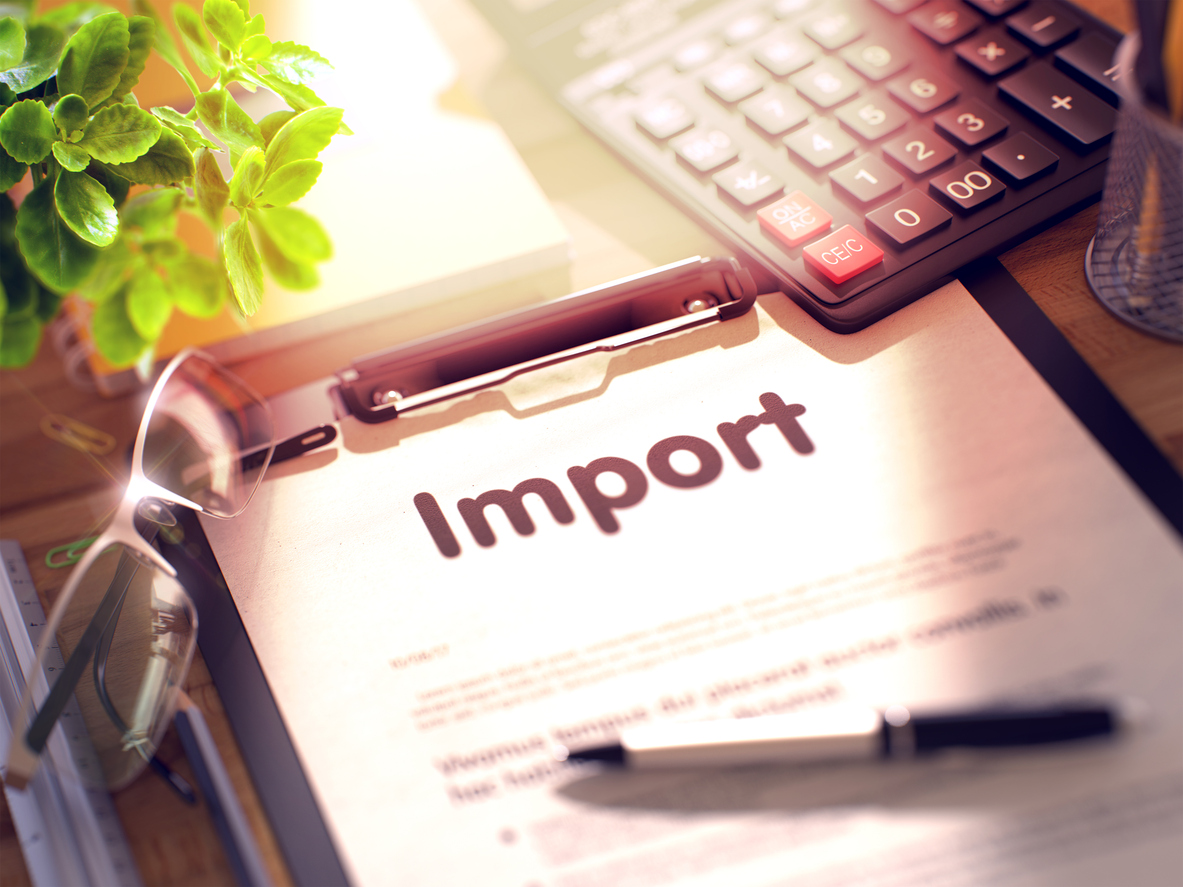How to Find a Local Partner to Represent Your Brand in Nigeria
Expanding your brand into Nigeria is an exciting opportunity, given the country’s large consumer market and growing economy. However, navigating the complexities of the Nigerian market can be challenging without a local partner. A reliable partner can help you handle logistics, marketing, sales, and regulatory requirements, making your market entry smoother and more successful. Here’s a step-by-step guide on how to find the right local partner to represent your brand in Nigeria.
1. Define Your Partnership Needs
Before you begin your search for a local partner, it’s important to clearly define what you need. Different types of partners offer different services and capabilities.
Types of Local Partners:
- Agents: Help sell and promote your products without taking ownership of the goods. They typically earn commissions and use their networks to drive sales.
- Distributors: Purchase your products and resell them in the local market. They are responsible for logistics, warehousing, and often marketing.
- Joint Venture Partners: Share ownership of a local company. This is ideal if you want to set up a more permanent presence and share resources with a trusted local partner.
- Franchise Partners: If your brand operates on a franchise model, you’ll want to find partners who can run your operations under your brand’s name.
Knowing exactly what type of partner you need will guide your search and ensure you attract the right kind of business.
2. Conduct Market Research to Identify Potential Partners
Research the local market to find companies or individuals who have the experience and expertise to represent your brand. Look for partners with strong networks, industry knowledge, and a good reputation in Nigeria.
Research Tips:
- Industry Associations: Reach out to trade bodies such as the Nigerian Association of Chambers of Commerce, Industry, Mines, and Agriculture (NACCIMA) or Nigeria Export Promotion Council (NEPC). These associations often have directories of companies looking for international partnerships.
- Competitor Analysis: Study how similar brands have entered the Nigerian market. Identify their local partners and assess whether those partners might be a good fit for your brand.
- Online Platforms: Use online B2B platforms like Alibaba, GlobalTrade, and LinkedIn to search for distributors, agents, or joint venture partners. Many Nigerian businesses seeking foreign partnerships are active on these platforms.
3. Attend Trade Shows and Networking Events
Attending local trade shows, business forums, and networking events in Nigeria is a great way to meet potential partners. These events bring together key industry players, from agents and distributors to business leaders and government representatives.
Popular Events in Nigeria:
- Lagos International Trade Fair: A major multi-sector exhibition that attracts international companies looking to enter the Nigerian market.
- Nigeria Pharma Manufacturers Expo: A great event for companies in the pharmaceutical or healthcare sectors.
- Food Nigeria: If you’re in the FMCG or food and beverage sector, this trade show connects international brands with local distributors and buyers.
Meeting partners face-to-face helps build trust, and many deals are finalized during or after these networking events.
4. Leverage Business and Trade Networks
International trade organizations and government bodies often help facilitate connections between foreign companies and local partners. Many governments have export promotion agencies designed to assist their companies in finding partners abroad.
Useful Networks and Agencies:
- Nigerian British Chamber of Commerce (NBCC): Facilitates business relationships between Nigerian and UK businesses but can provide leads for other international partnerships.
- Nigeria-America Chamber of Commerce: This organization can help businesses from the U.S. and Nigeria build trade relationships.
- Your Country’s Embassy or Trade Office in Nigeria: Embassies often provide resources and contacts for businesses looking to expand into Nigeria.
By leveraging these networks, you can tap into a reliable pool of local companies looking for international partnerships.
5. Engage a Professional Matchmaking Service
If you’re looking for a more hands-on approach, consider hiring a professional matchmaking or consultancy service that specializes in Nigeria. These companies can help you identify and vet potential partners based on your specific criteria.
Business Matchmaking Firms:
- Global Trade Review (GTR): Offers matchmaking services and organizes networking events for businesses looking to expand in Africa.
- BDO Nigeria: A consultancy firm that can assist in finding local partners and navigating the regulatory landscape.
- PwC Nigeria: Provides market entry consulting, including help with finding reliable partners.
By working with professionals who understand the local business environment, you can find a partner more efficiently while minimizing risks.
6. Vet Potential Partners Thoroughly
Once you’ve identified potential partners, it’s critical to vet them carefully to ensure they align with your brand’s goals and values. This step is vital to prevent issues later on, such as poor market representation or regulatory compliance problems.
How to Vet Partners:
- Request References: Ask for case studies or references from other international brands they’ve worked with.
- Check Financial Health: Review the financial standing of the partner to ensure they have the resources to invest in your brand and manage distribution or other operational tasks.
- Assess Industry Expertise: Ensure that the potential partner has experience in your industry and understands the specific challenges of marketing your product or service in Nigeria.
- Verify Licenses and Compliance: Ensure the partner complies with Nigerian business regulations, import laws, and industry standards.
Conducting due diligence will give you confidence that your brand is in safe hands in Nigeria.
7. Build Strong Working Relationships
Once you’ve selected a local partner, it’s essential to foster a strong, transparent working relationship. Both parties should have clearly defined roles, expectations, and a mutual commitment to the brand’s success in the Nigerian market.
Relationship Management Tips:
- Open Communication: Maintain regular communication to ensure that both parties are aligned on goals, performance, and market strategies.
- Provide Support: Help your partner with training, marketing materials, and any other resources they need to effectively represent your brand.
- Incentivize Success: Establish performance benchmarks, and offer incentives such as bonuses for meeting sales targets or expanding the brand’s reach in new regions.
A well-maintained relationship with your local partner can lead to long-term success and growth in Nigeria.
Conclusion
Finding a local partner to represent your brand in Nigeria is a crucial step for a successful market entry. By conducting thorough research, leveraging trade networks, attending business events, and vetting potential partners carefully, you can build a strong partnership that supports your brand’s growth in the country. Whether you’re looking for a distributor, agent, or joint venture partner, a strategic approach will ensure that your expansion into Nigeria is smooth and effective.
Wigmore Trading can assist you in this process by offering local market expertise, distribution services, and supply chain management. Our network and experience in the Nigerian market make us a trusted partner for international brands looking to establish a presence in the region.








Comments are closed.